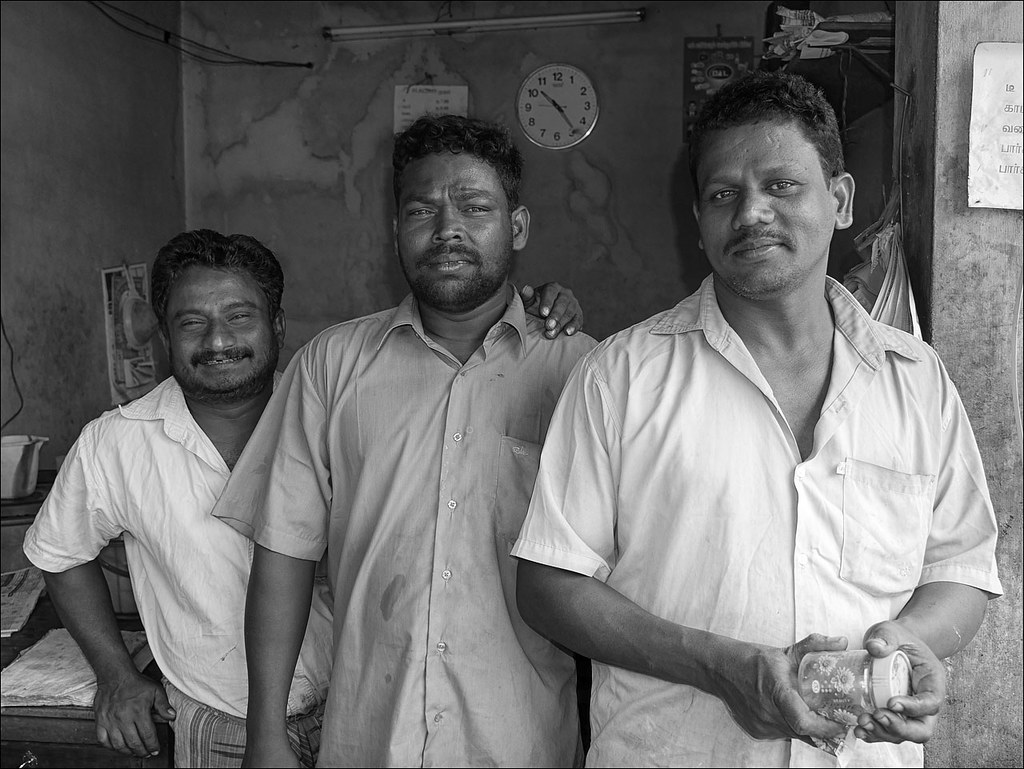The Brazilian Public Prosecutor cites a paper co-written by PhD student in the Department of International Development, Eduardo Mercadante, in the request that the Supreme Court immediately stop the extension of pharmaceutical patent periods to help fight the COVID-19 pandemic.
In light of the especially hard challenge Brazil is facing with the COVID-19 pandemic, the Public Prosecutor has requested that the Supreme Court immediately eliminate a legal mechanism that extends patent protection periods.
In Brazil, patent protection periods may be longer than the international standard of 20 years from filing, on account of a special clause that guarantees patents a minimum of 10 years of validity from the date of grant. If the patent office takes more than ten years to grant the patent, any extra time beyond ten years is added to the total patent term. Extending periods of patent protection is especially impactful in the pharmaceutical industry, as doing so delays the entrance of generic competition.
Not surprisingly, the clause in Brazil’s patent law that guarantees 10 years of protection is controversial. The Supreme Court is due to decide in May if this should be retained or removed on grounds of being unconstitutional.
In February, the Public Prosecutor (an office in Brazil that represents citizens on constitutional matters) submitted a brief to the Supreme Court recommending that the provision in question be removed immediately (the Public Prosecutor’s submission, in Portuguese).
The Public Prosecutor’s intervention (available here, in Portuguese) relied on and referenced the findings of an article written by Eduardo Mercadante, PhD student in the Department of International Development, and colleagues from the Federal University of Rio de Janeiro. Building on Mercadante’s MA dissertation, which shows 92.2% of pharmaceutical patents granted in Brazil have extended periods of three and a half years on average, the article cited by the Public Prosecutor argues that the removal of the patent extension mechanism could reduce the costs to the Brazilian Universal Health System (SUS) of procuring nine drugs in 56%. This would mean savings of 1.1% of the total cost of SUS per year, which could be very helpful for a country that is battling very high infection and death rates of COVID-19, with a more powerful variant and difficulty to procure vaccines, ventilators, and oxygen tanks.
Here is a link to the article (in Portuguese), and a previous discussion of these issues on the ID Blog.
The views expressed in this post are those of the author and in no way reflect those of the International Development LSE blog or the London School of Economics and Political Science.






Nice proof of impact!